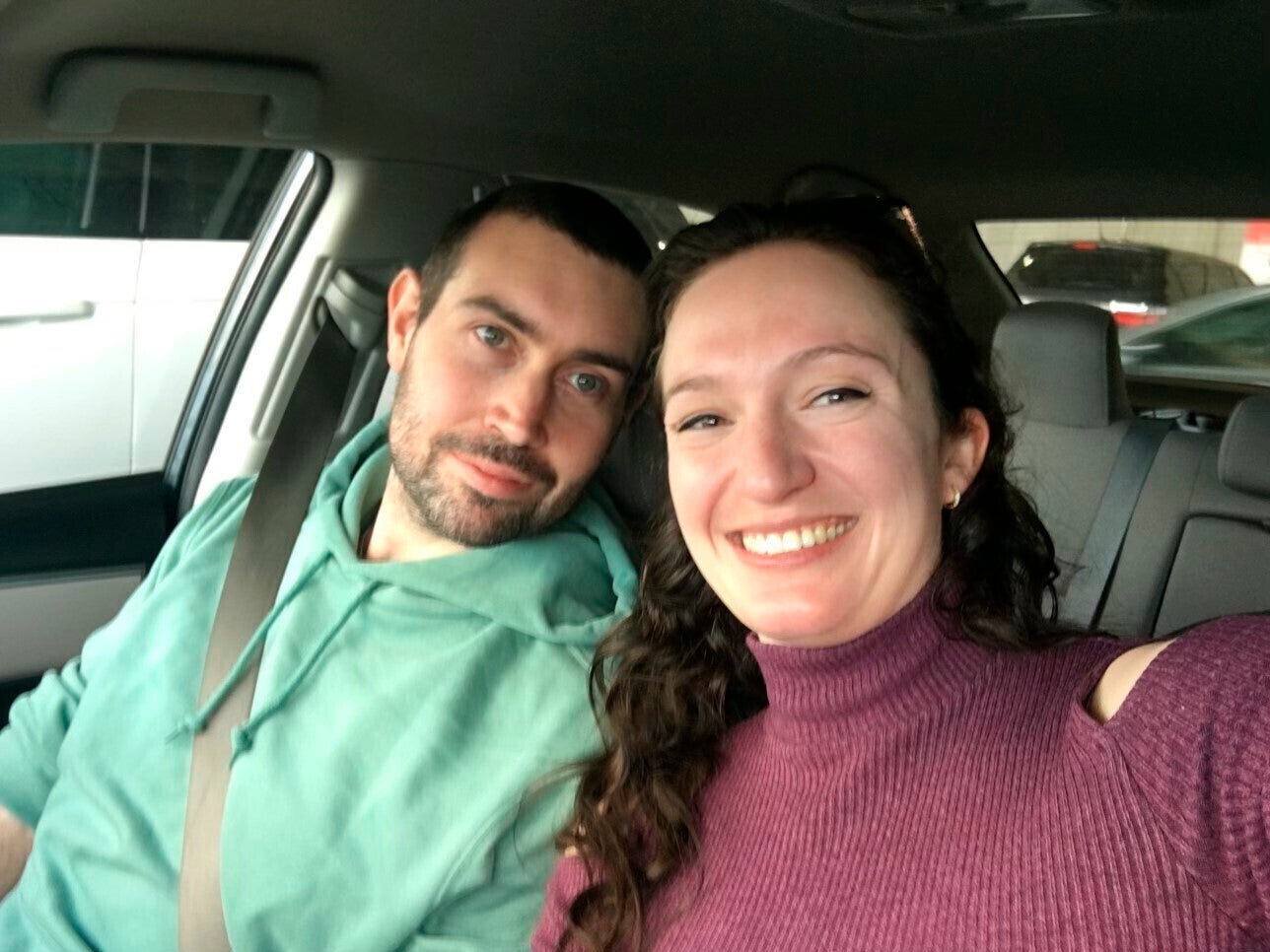Reward offered in stray-bullet death of U.K. astrophysicist
Police are offering a $15,000 reward in hopes of finding the gunman responsible for a random bullet fired through the air that struck and killed an English astrophysicist who was visiting Georgia

Police are offering a $15,000 reward in hopes of finding the gunman responsible for a random bullet fired through the air that struck and killed an English astrophysicist who was visiting Georgia.
Matthew Willson, 31, of Chertsey, Surrey England was visiting his girlfriend at her apartment in the city of Brookhaven near Atlanta when the bullet pierced the wall of the apartment on Jan. 16. It traveled through the headboard of a bed and struck Willson in the back of the head.
Officers had been called to a nearby apartment building shortly before Willson was shot after multiple 911 calls reporting gunfire there, police said. The couple woke up in the middle of the night to the sound of more than 30 gunshots coming from a nearby apartment complex, Willson’s girlfriend, Katherine Shepard, told news outlets. Moments later, Willson was shot.
“I held him for another 20 minutes while we waited for the ambulance,” she said. “And while we were waiting, there were more gunshots fired,” she told the TV station.
The death was a random act that was the “result of the reckless discharge of firearms,” Brookhaven police said in a poster announcing the reward.
“He was supposed to be here for three months because we’ve been long distance for a while,” Shepard said. “I picked him up from the airport, took him to his favorite eating location, and the next day, he’s gone.”
Brookhaven, a suburb of Atlanta that’s home to about 55,000 residents, is just northeast of the city’s downtown area.
Willson was being mourned by family, friends and his alma mater, the University of Exeter. He was a former PhD student at the institution, “and much-loved member of our astrophysics team,” a university spokesman said in a statement.
Subscribe to Independent Premium to bookmark this article
Want to bookmark your favourite articles and stories to read or reference later? Start your Independent Premium subscription today.
